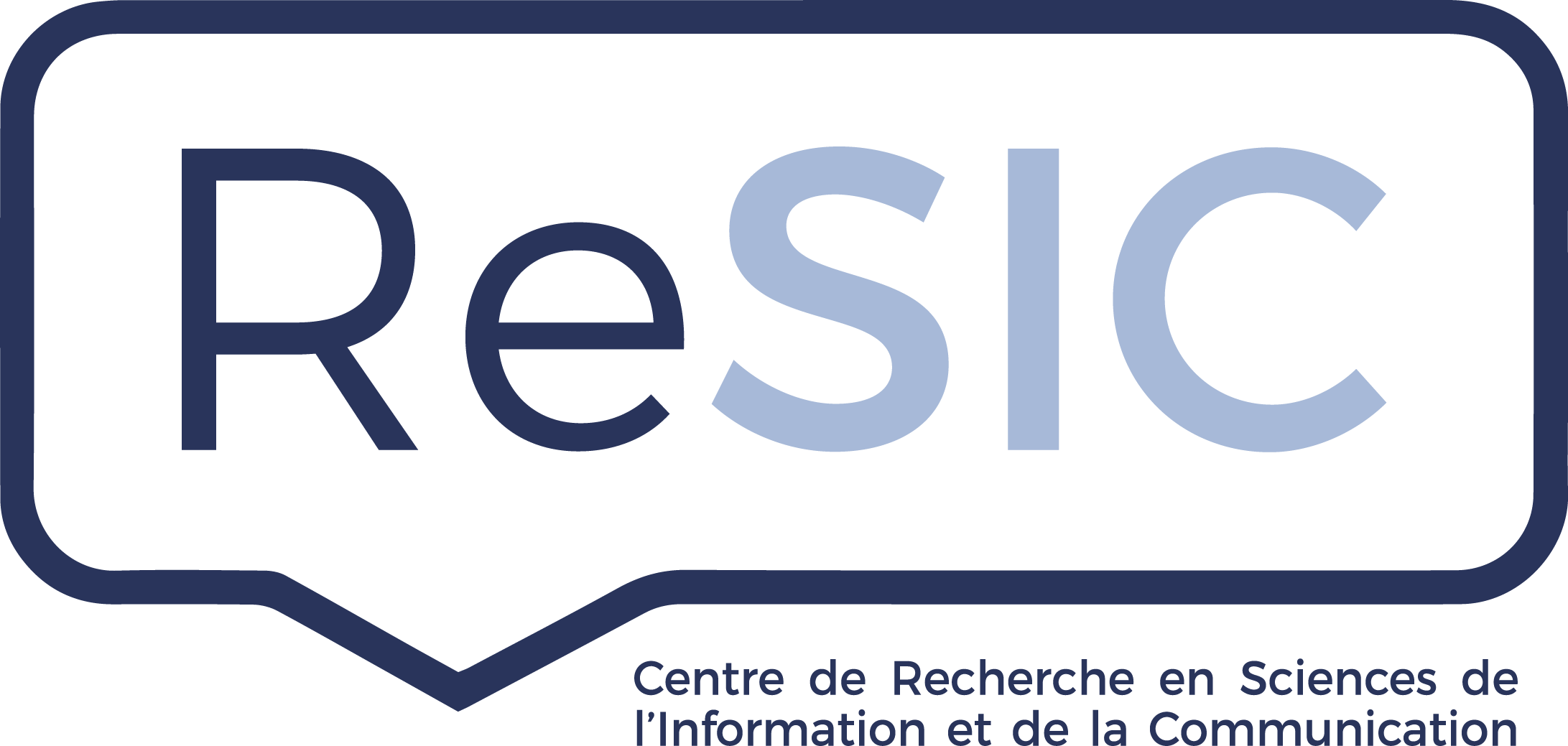Dans la même rubrique
-
Partager cette page
Nouvelles parutions : Articles de Marie Fierens
A cog in a wheel? Journalism under pressure during coups d’état in Burkina Faso. Media, War & Conflict & Journalists at the Frontline: Recognising and Managing Emotions in the Face of Conflict and Terrorism in Burkina Faso
This article explores how the (attempted) coups and popular uprising that occurred in Burkina Faso between October 2014 and January 2022 have impacted the professional boundaries of journalism. These events are considered crucial in understanding the complex and ongoing interactions between political actors and the media, and contribute to a better understanding of the broader reality of journalism’s boundary-making process across Africa. Drawing on semi-structured interviews conducted with journalists, editors and journalism teachers in Ouagadougou in 2022, this article investigates the roles that private and public media journalists aimed to play in these extreme conditions and how their reactions reflect the constantly evolving nature of the journalistic profession.
https://doi-org.ezproxy.ulb.ac.be/10.1177/17506352241262472
Yaméogo, L., Le Cam, F., Fierens, M., Heywood, E., Sawadogo, J. P., & Sidibé, S. (2024). Journalists at the Frontline: Recognising and Managing Emotions in the Face of Conflict and Terrorism in Burkina Faso. Journalism Studies, 1–18.
This article examines the impact of emotions on the professional realities and practices of Burkinabè reporters working in conflict-ridden regions of Burkina Faso. To achieve this, it adopts an innovative theoretical perspective that links the emotional turn in journalism to the sociology of risk. Using an original “fieldwork in delegation” methodology involving three focus groups and 37 interviews with Burkinabè journalists, the study closely investigates the specific realities of these volatile areas. The results highlight four main forms of professional adjustment that are emerging in the current context of crisis: (1) individual adjustments - to secure both physical and mental security, (2) professional adjustments - to secure working and employment conditions, (3) media adjustments - to secure the practical and economic functioning of the media companies; and (4) values adjustments - to reflect the core values underpinning the profession in conflict-situation. The article demonstrates that the Burkinabè journalists’ current attempt to manage risk and emotion is rooted in their traditional role, but also in the new responsibilities they wish to assume in the current security context. This innovative and significant research provides a useful foundation for reflection for those interested in the experiences of local journalists operating in other global conflict zones.
https://doi-org.ezproxy.ulb.ac.be/10.1177/17506352241262472
Date de publication
